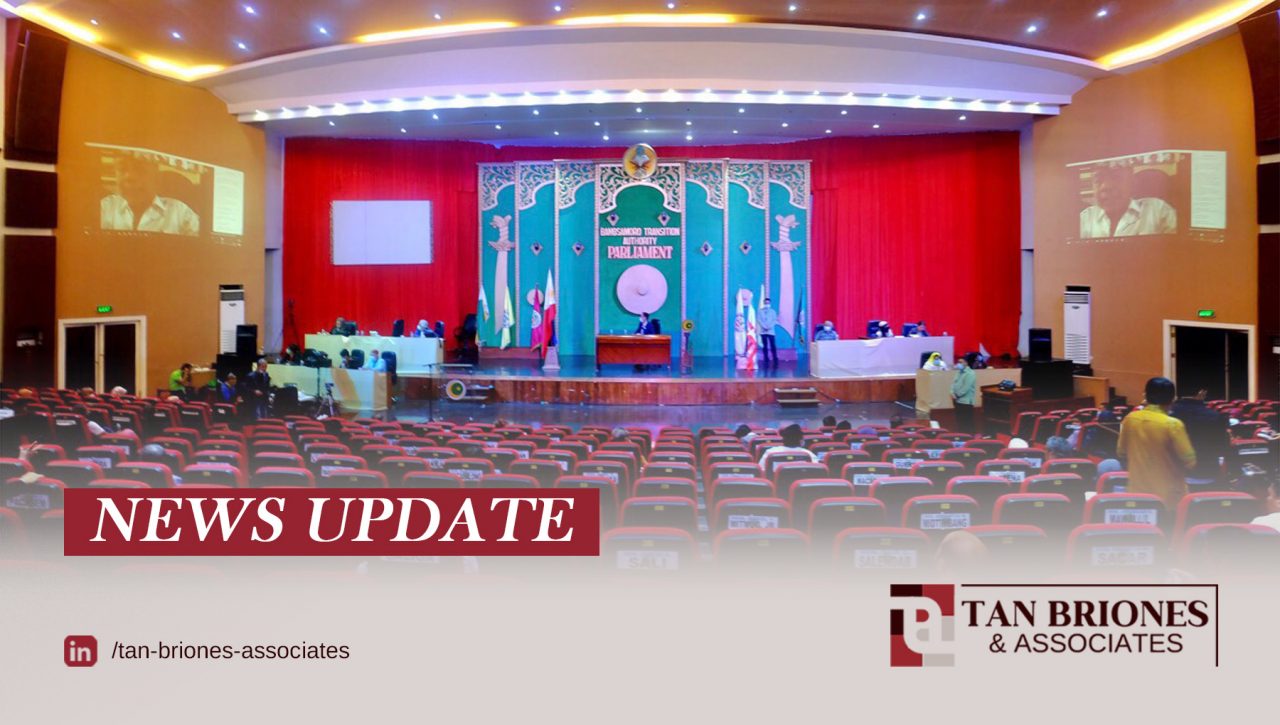
A new law redrawing parliamentary districts in the Bangsamoro Autonomous Region in Muslim Mindanao (BARMM) has been brought before the Supreme Court (SC), with petitioners warning it could disenfranchise voters and candidates just weeks before the region’s first parliamentary elections.
Bangsamoro Autonomy Act (BAA) No. 77, which was signed into law on August 28, reconstituted the allocation of district seats after the SC earlier excluded Sulu from the BARMM.
The measure, which will apply to the parliamentary elections on October 13, set the distribution at nine seats for Lanao del Sur, five each for Maguindanao del Norte and Maguindanao del Sur, four each for Basilan and Tawi-Tawi, three for Cotabato City, and two for the Special Geographic Area.
This led civil society groups from Lanao del Sur to file a petition before the SC on September 1, claiming the law was passed without the required consultations and that it grouped municipalities in ways that are not contiguous or compact as required by law.
Moreover, they argued that portions of Sulu were still unduly included.
“Sec. 5 of BAA 77 has the effect of depriving candidates of their right to be voted for in the district where they filed their certificates of candidacy,” the petitioners said.
“Likewise, voters are deprived of the right to vote for the candidates they intended to support, based on the political configuration in place at the time of the filing,” they added.
They warned that some candidates may even be unable to vote for themselves because their voter registration and residency may no longer match the newly drawn districts.
Since no corrections to certificates of candidacy are allowed under the revised configuration, the petitioners said the law “results in a clear denial of the candidate’s right to freely participate in the electoral process and to have equal access to publicly elective office.”
The petitioners include former Bangsamoro Transition Authority member Abdullah Macapaar, Bangsamoro Development Authority chairperson Mangontawar Macacuna, and leaders of civil society and religious groups.
The SC has yet to act on the petition, wherein the Commission on Elections and the Bangsamoro Transition Authority were named as respondents.
Follow Tan Briones & Associates on LinkedIn for more legal updates and law-related articles.







